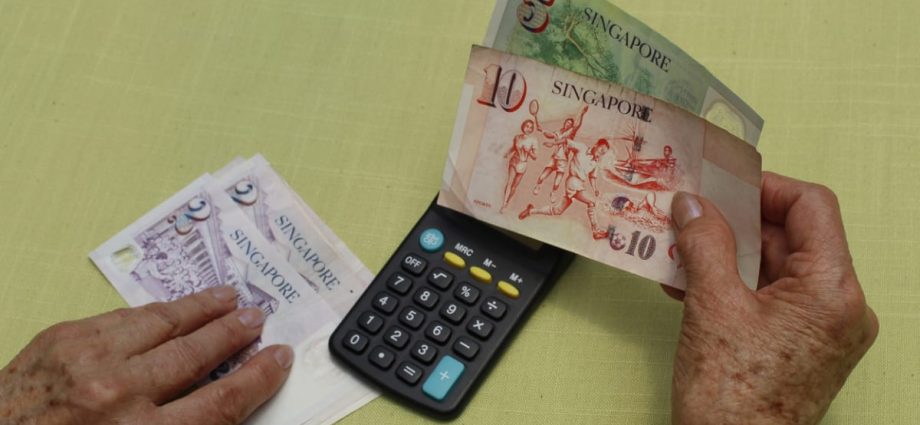
SINGAPORE: The moment I landed my first job, my parents told me that I would have to start giving them money each month.
As someone who had not taken any allowance from my parents since 18, that came to me as a shock. At that time, the amount they wanted from me equalled 15 per cent of my take-home pay, which felt like too much considering the cost of food and drinks in the Central Business District, and the fact that I was still servicing a S$10,000 (US$7,500) student loan.
What’s more, both my parents were still working and earning a lot more than I did then. I felt that life was already hard enough for me since I didn’t have a high income, but instead of helping, they were making my situation worse.
But my parents refused to take no for an answer, so I had to adapt and become even more prudent in my spending, turning down lunch invites from colleagues and packing my own meals instead. I also taught tuition after work for extra side income.
Today, with living costs rising faster than real income, it has become more challenging for young working adults to support themselves, let alone their parents.
It is easy to say that each person ultimately can decide whether to give their parents a monthly allowance, but individual circumstances and family values can force one’s hand. Given the importance of filial piety in Asian culture, children risk being seen as ungrateful if they do not “give back” to their parents who have painstakingly raised them.

